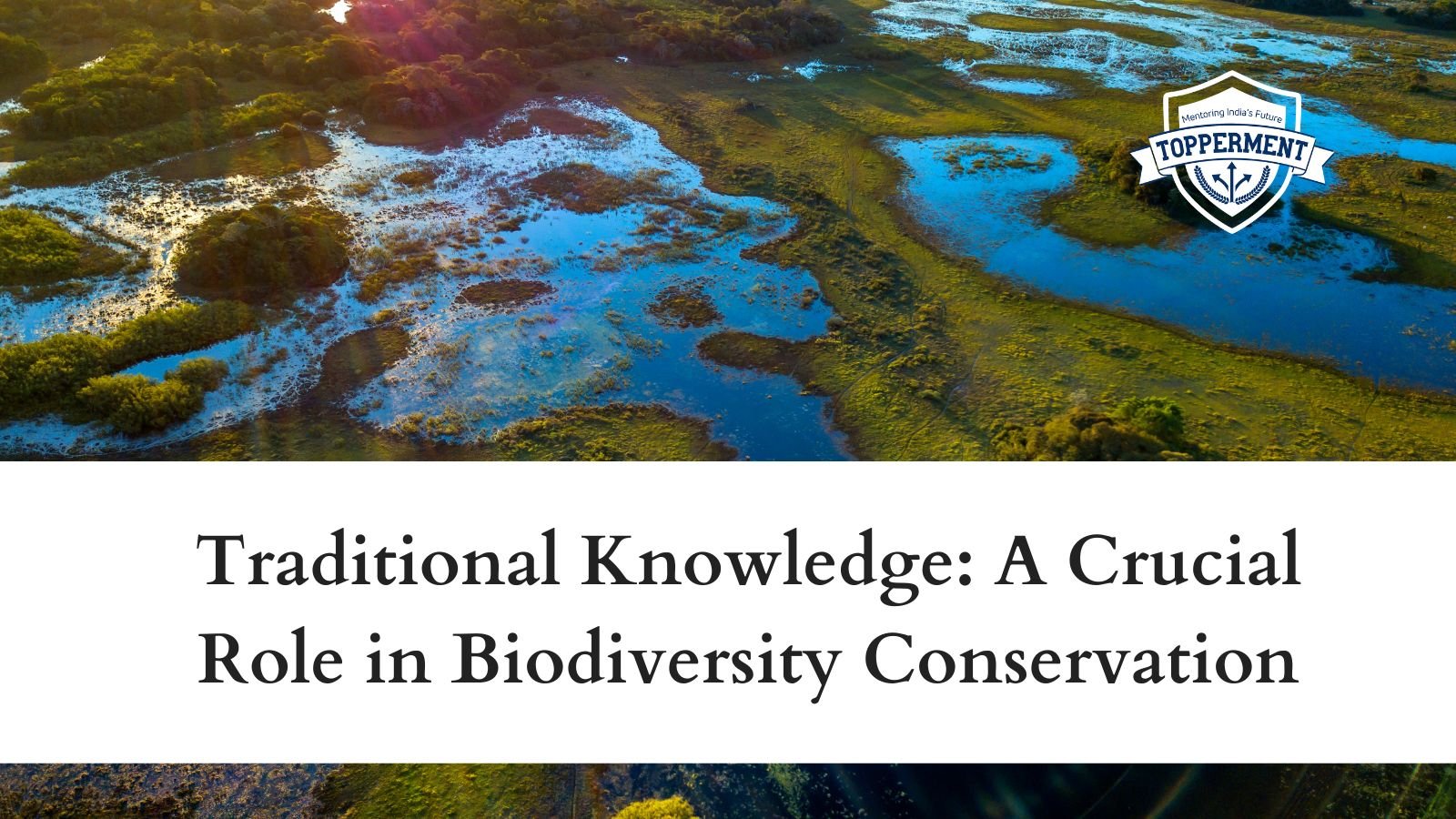Traditional knowledge, accumulated over generations by indigenous communities and local populations, holds invaluable wisdom about the natural world. In the realm of biodiversity conservation, traditional knowledge plays a crucial role in understanding and safeguarding ecosystems, promoting sustainable resource management, and preserving cultural heritage
Deep Understanding of Ecosystems:
Indigenous and local communities possess an intimate connection with their surrounding environments. Their traditional knowledge encompasses a profound understanding of local ecosystems, including the behavior of plant and animal species, seasonal patterns, and ecological relationships.
Identification and Conservation of Species:
Traditional knowledge often encompasses a comprehensive knowledge of local flora and fauna. Indigenous communities have accumulated detailed information about the characteristics, uses, and ecological roles of various plant and animal species
Sustainable Resource Management:
Indigenous communities have developed sustainable resource management practices based on their traditional knowledge. They possess intricate knowledge of traditional harvesting techniques, timing, and areas that ensure the long-term viability of resources. These practices promote the conservation of biodiversity, prevent overexploitation, and foster sustainable livelihoods.
Preserving Traditional Agricultural Practices:
Traditional knowledge encompasses traditional agricultural practices that prioritize biodiversity conservation. Indigenous farming techniques, such as agroforestry, crop rotation, and seed saving, contribute to the preservation of diverse plant varieties and ecosystems.
Cultural and Spiritual Significance:
Traditional knowledge is deeply intertwined with cultural and spiritual practices. Indigenous communities view nature as an integral part of their identity and worldview. This spiritual connection fosters a sense of responsibility and stewardship towards biodiversity conservation.
The role of traditional knowledge in biodiversity conservation is invaluable. Indigenous and local communities possess a profound understanding of ecosystems, species, and sustainable resource management. Incorporating traditional knowledge into conservation efforts promotes holistic approaches that combine scientific understanding with cultural wisdom
Also Read
- Types Of Biochemical Cycles And Their Significance | UPSC Science and Technology
- The Power of Collaboration: Public-Private Partnership (PPP) in India | UPSC Economy
Follow Us For More Content On:
https://www.instagram.com/topperment/


